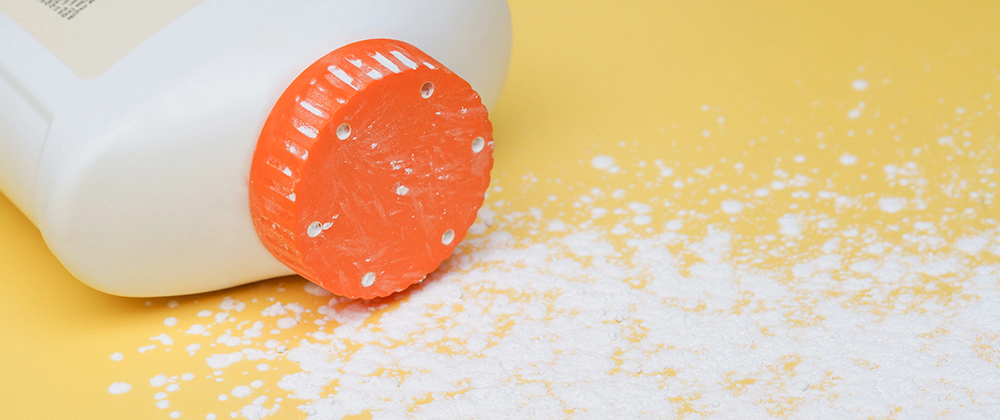Without a doubt, “natural” is in. Many consumers, concerned about artificial additives and chemicals in things they and their children use, are seeking out food and household products that claim to be natural. The assumption on the part of consumers is that natural products are healthier or safer to use. Of course, with the strong demand for natural products, many companies are caught making claims that their products are natural when, in fact, they are not.
For example, Kraft, maker of a popular “all natural” juice drink, agreed to label changes after having been sued because the drink contained high-fructose corn syrup, a man-made ingredient. Another suit was filed against Kashi, which advertises itself as a maker of healthy, natural products, asserting that its foods contain ingredients such as bromelain, sodium acid pyrophosphate, and various chemical extracts, things most people probably do not see as natural.
With the strong demand for natural products, many companies are caught making claims that their products are natural when they are not. Other suits challenge advertising claims based on the supposedly natural qualities of certain foods coupled with assertions that they are good for the heart or support the immune system. These claims, which are almost never backed by science, misleadingly tout supposed benefits that the product may not actually provide and seek to capitalize on consumer beliefs that things that are natural are better for you. A big part of the problem is the disconnect between consumer expectations about what a natural food or product is and what the law says it is. Neither the Food and Drug Administration nor the Federal Trade Commission, which regulate the advertising of various products, has defined the term “natural.” The fact that there is no legal definition that a food product has to meet to be considered natural means that companies are able to take an expansive view of what “natural” means. As long as consumer demand for natural products remains strong, these suits are likely to continue?at least until the government comes up with a workable definition for “natural” (as it did a few years ago for “organic”).




